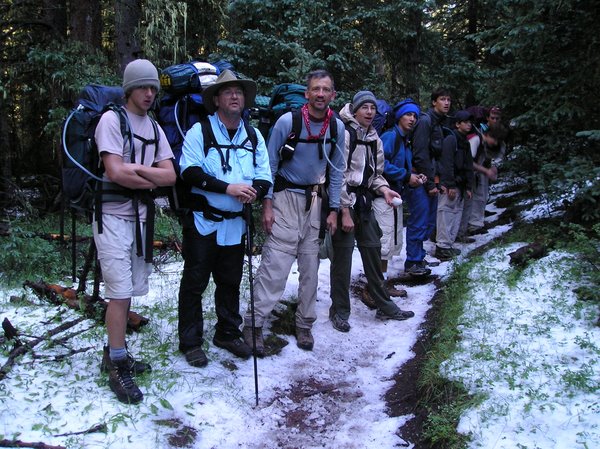"The 12 ultra-interconnected regions are found in the precuneus; superior frontal cortex; superior parietal cortex; subcortical hippocampus; the putamen and the thalamus. Most of these areas are involved in complex information processing.
Van den Heuvel called it the "G8 summit of our brain."
From Scientific American
"Recent research, however, supports the idea that consciousness is a conversation rather than a revelation, with no single brain structure leading the dialogue.
From Scientific American
"Recent research, however, supports the idea that consciousness is a conversation rather than a revelation, with no single brain structure leading the dialogue.
The most recent to challenge the prevailing theory is Simon van Gaal, a neuroscientist who investigates the borders of conscious awareness at the Neurospin Institute in Paris. He asks participants in his ongoing experiments to push a button every time they see a symbol flash on a screen, except when they see a certain icon that means “stop.” During some of the trials van Gaal flashes the stop signal in a way that the subjects cannot consciously perceive. Although they do not see the stop signal, they hesitate to push the button, as though some part of the brain were choking on the information. As he runs the test, van Gaal measures brain activity with functional MRI and electroencephalography (EEG). He has found that the unconscious inhibitory signal seems to make it all the way up to parts of the prefrontal cortex.
The results indicate that “activity in a certain region is not sufficient to generate consciousness,” van Gaal explains. Instead, he posits, different regions must exchange information before consciousness can arise.
A study in Science in May bolsters the claim that awareness emerges when information travels back and forth between brain areas rather than from ascending a linear chain of command. Researchers in Belgium recorded EEG signals in patients with brain damage as they listened to stimulating tones. All the patients were awake and alert, but with a range of responsiveness. Mathematical models built from the data suggest that feedback between the frontal cortex and the lower-level sensory areas is crucial to producing conscious experience. These results agree with previous work done with monkeys and healthy human volunteers.
Understanding consciousness has a universal philosophical appeal, but it is also clinically urgent, according to lead author Mélanie Boly of the University Hospital Center of Sart-Tilman in Liège, Belgium. “The diagnosis of patients in a vegetative state or minimally conscious state is extremely difficult, and the misdiagnosis rate can be as high as 40 percent,” she says. By defining a neural correlate for consciousness, Boly and her colleagues hope to improve those patients’ quality of care."



No comments:
Post a Comment